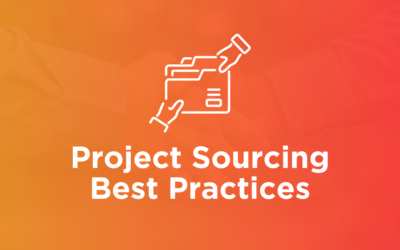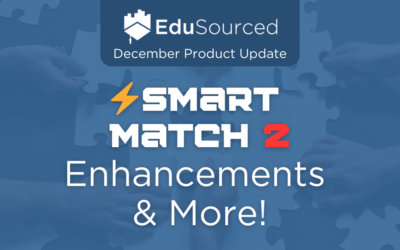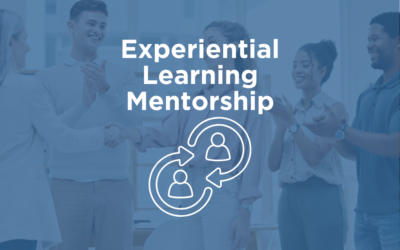The results are in for the 2020 experiential benchmark survey. This survey is specific to student completed industry projects in Higher Education. 92 individuals participated, primarily from engineering and business schools, but also including multidisciplinary programs not bound to a single college.
📈 Key trends:
Experiential programs are getting better organized (and less ad-hoc)
Experiential PBL is quickly being formalized with dedicated offices and/or directors. In one year, surveyed business programs rose from 29% being formally organized to 43% and engineering grew from 18% to 33%. When you include multidisciplinary programs in the mix, nearly half of surveyed programs now involve formal leadership. We have no survey data from this time, but when EduSourced entered the market in 2014 we did not come into contact with a single director of experiential learning. It appears the college level (as opposed to the entire university or simply a single department) is fast developing as the sweet spot for organizing and overseeing experiential project-based learning.
The EduSourced sales team has also anecdotally observed the growth of dedicated directors and offices of experiential learning learning. With the 15% year over year uptick, it looks likely that ad-hoc experiential PBL’s days are numbered. We believe this is good news as industry projects in the classroom represent a major recruitment point for students, a key element of career readiness and a significant branding opportunity for the schools. For these reasons, keeping experiential ad-hoc (and without proper records or consistent process) is a missed opportunity.
Project-sourcing vendors have declined in popularity
Third-party vendors as a source of project sourcing is ranked lowest of all 7 potential sources for projects across all disciplines and this reflects a decrease year over year from 2019. While schools may need external sourcing occasionally, we recommend schools leverage their many existing community (and beyond) touchpoints for the bulk of their projects: alumni, faculty networks, career offices, experiential office staff whose job is to source, etc. These projects represent long-term school brand equity and that should not be broadly outsourced. Implementing an internal tool like EduSourced can help with this.
Industry projects are a major needle-mover for careers
Experiential project-based learning remains a powerful tool for student career readiness. Much is said and written of internships and even coops but it is project-based learning where schools can best move the needle. 91 Survey participants rated industry projects 2.8 out of 3 for helping students land their first job.
The 2019 survey results are available here, for a complete comparison.




